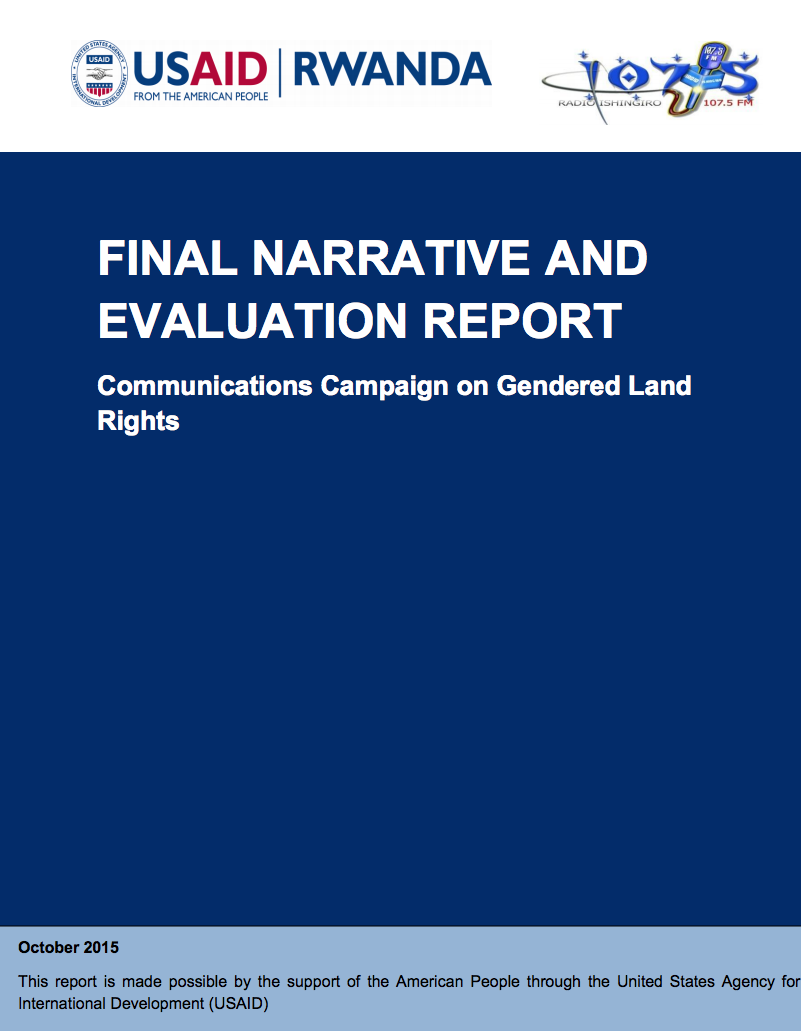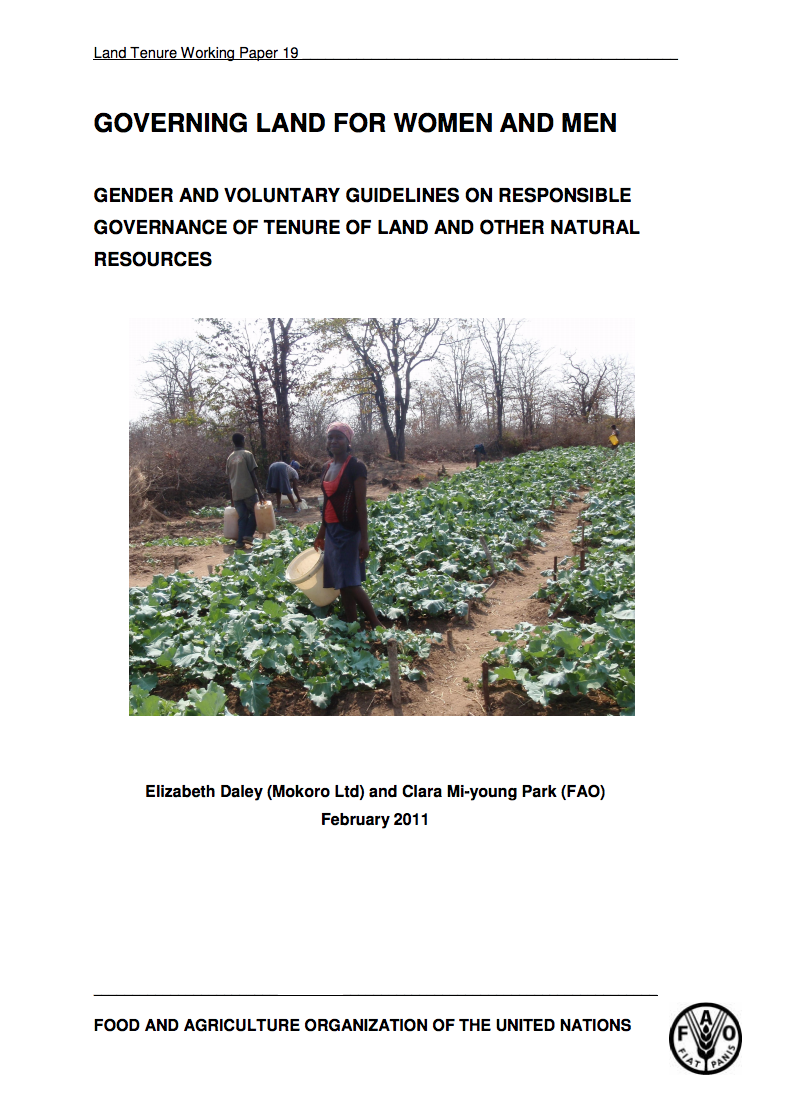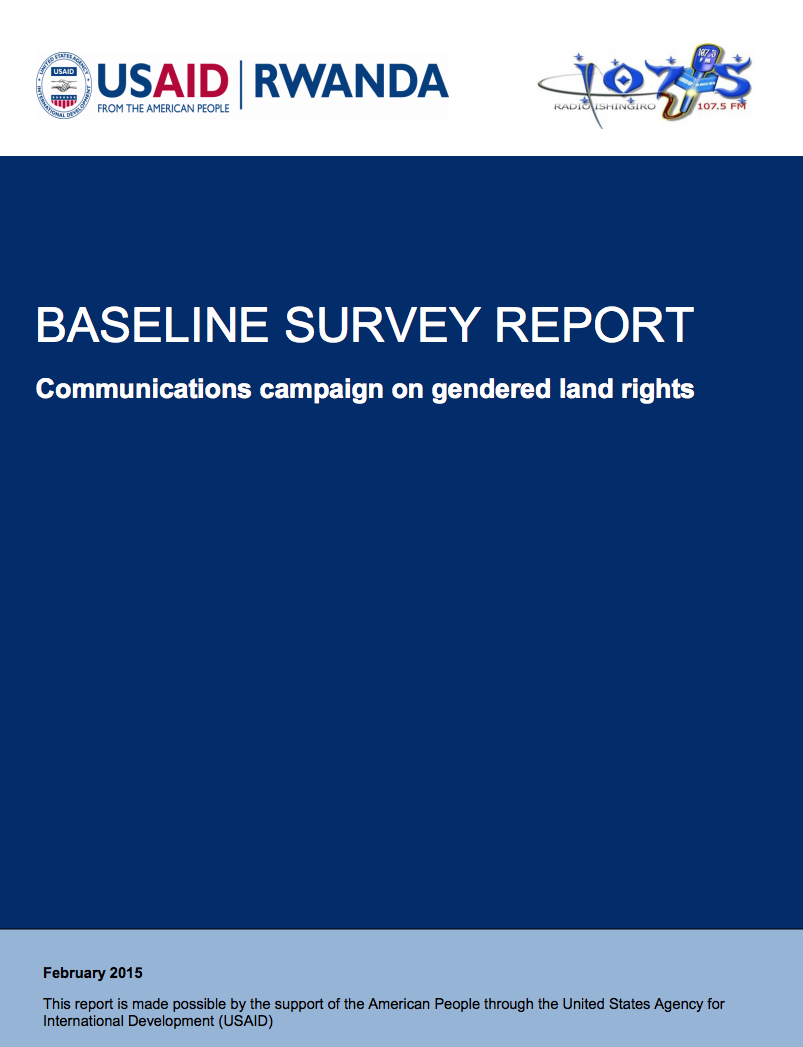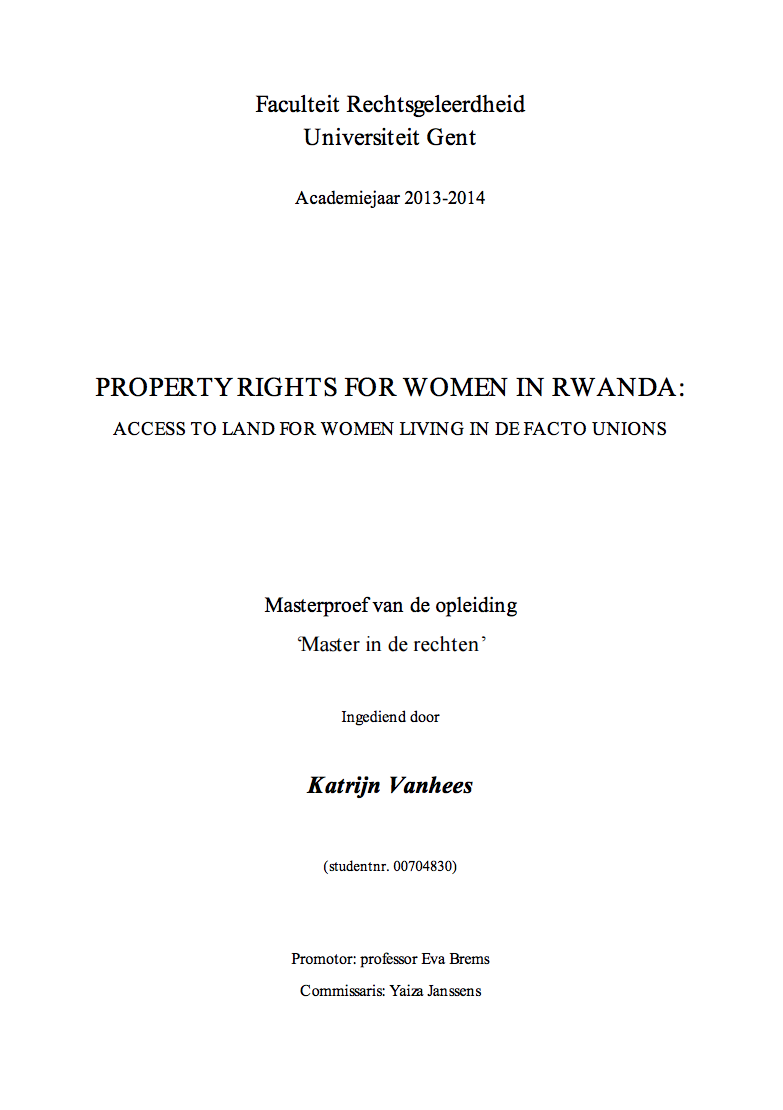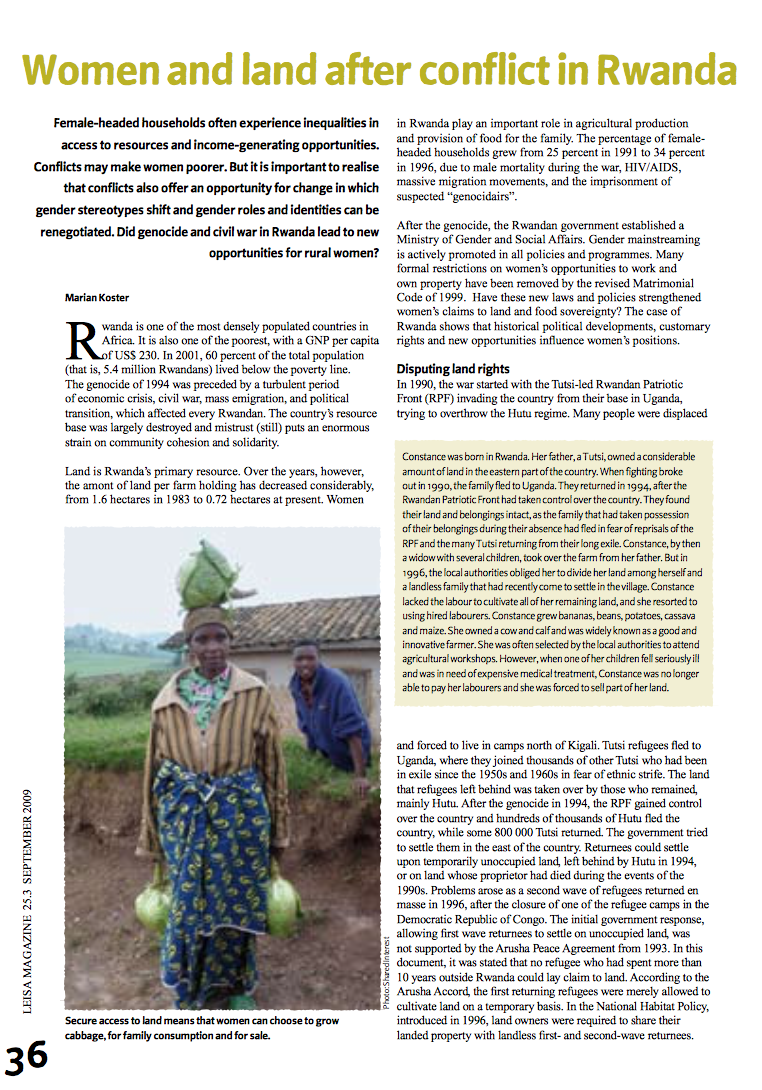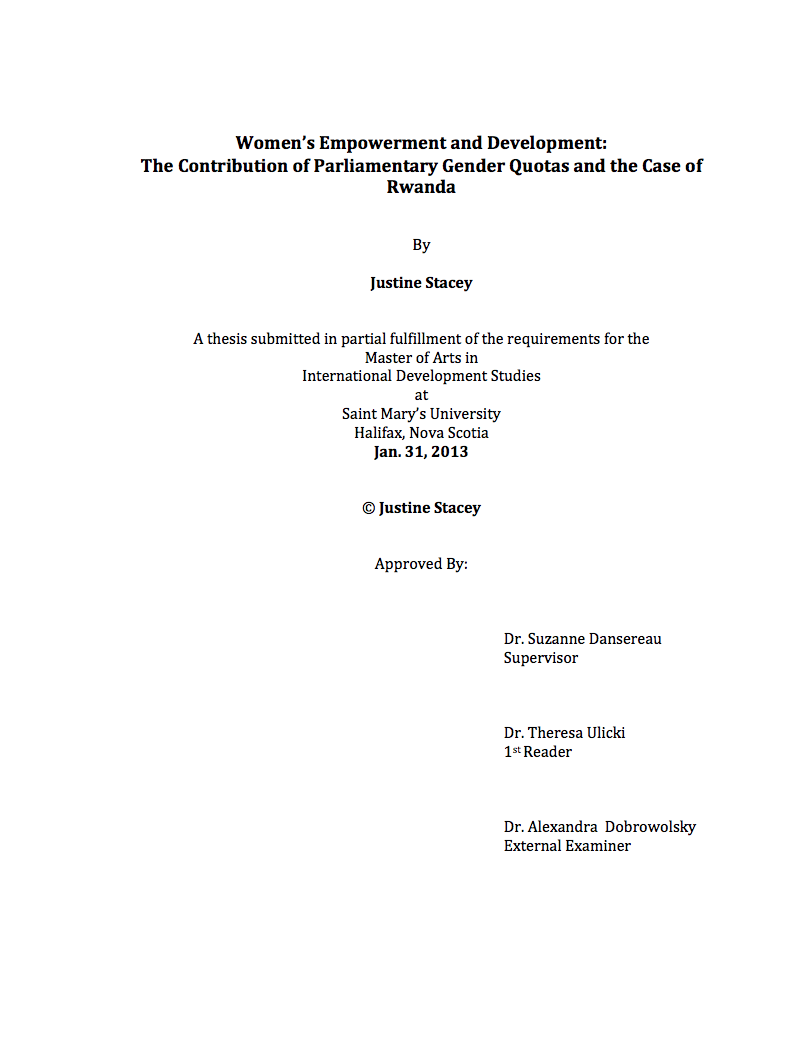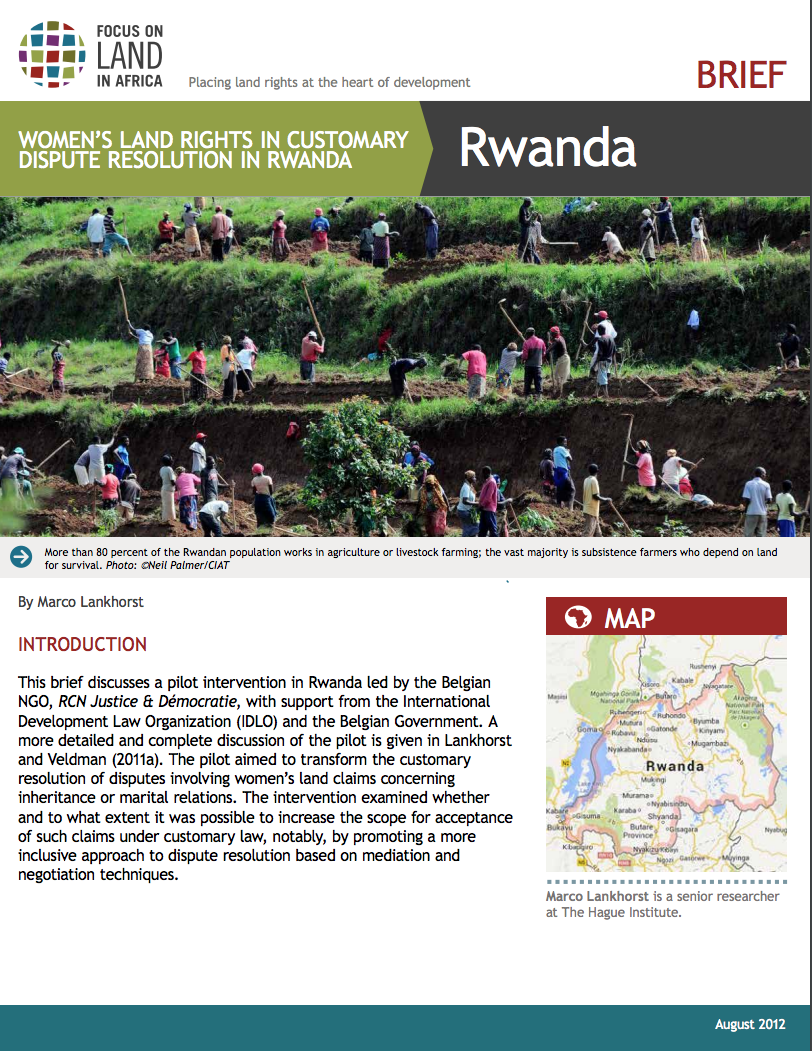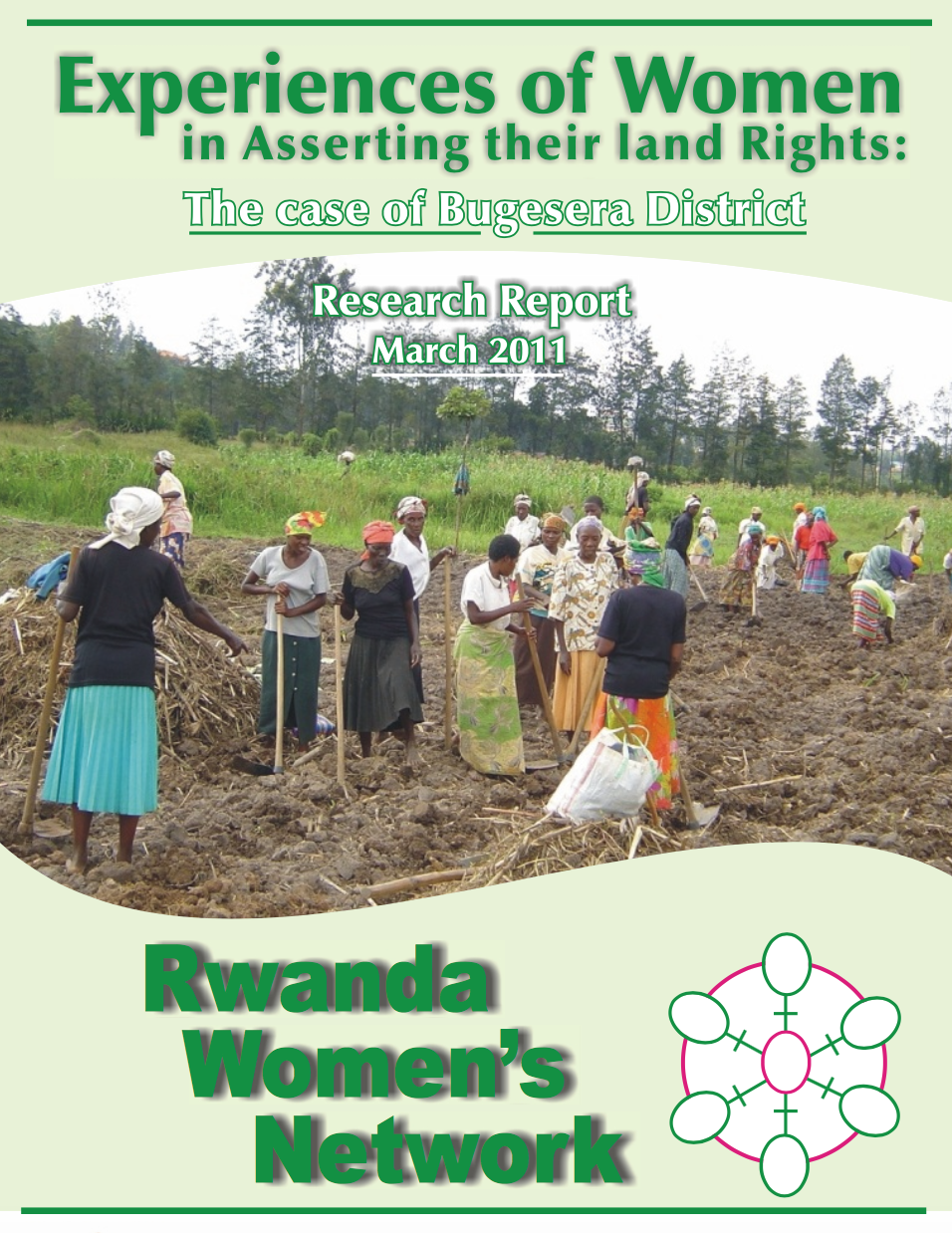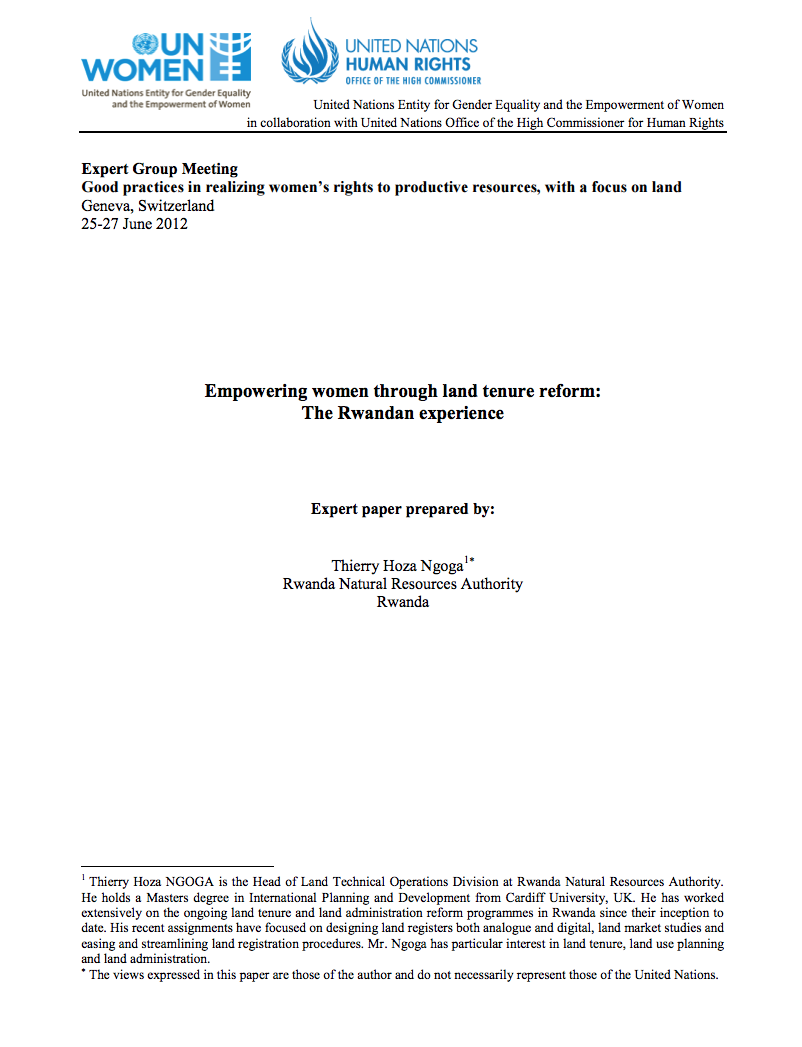Final Narrative and Evaluation Report on Gender and Land Rights
Between October 2014 and October 2015, Radio Ishingiro with the support of USAID
Land Project implemented a Communications Campaign focused on influencing the
attitudes and mindsets of men and boys about gender-equal land rights to overcome
traditional norms and beliefs that hinder women from exercising their rights to land. In
particular, the campaign focused on overcoming traditional beliefs and norms that
hinder women from exercising their rights to inter vivos gifts of land (“umunani”)1
, land

